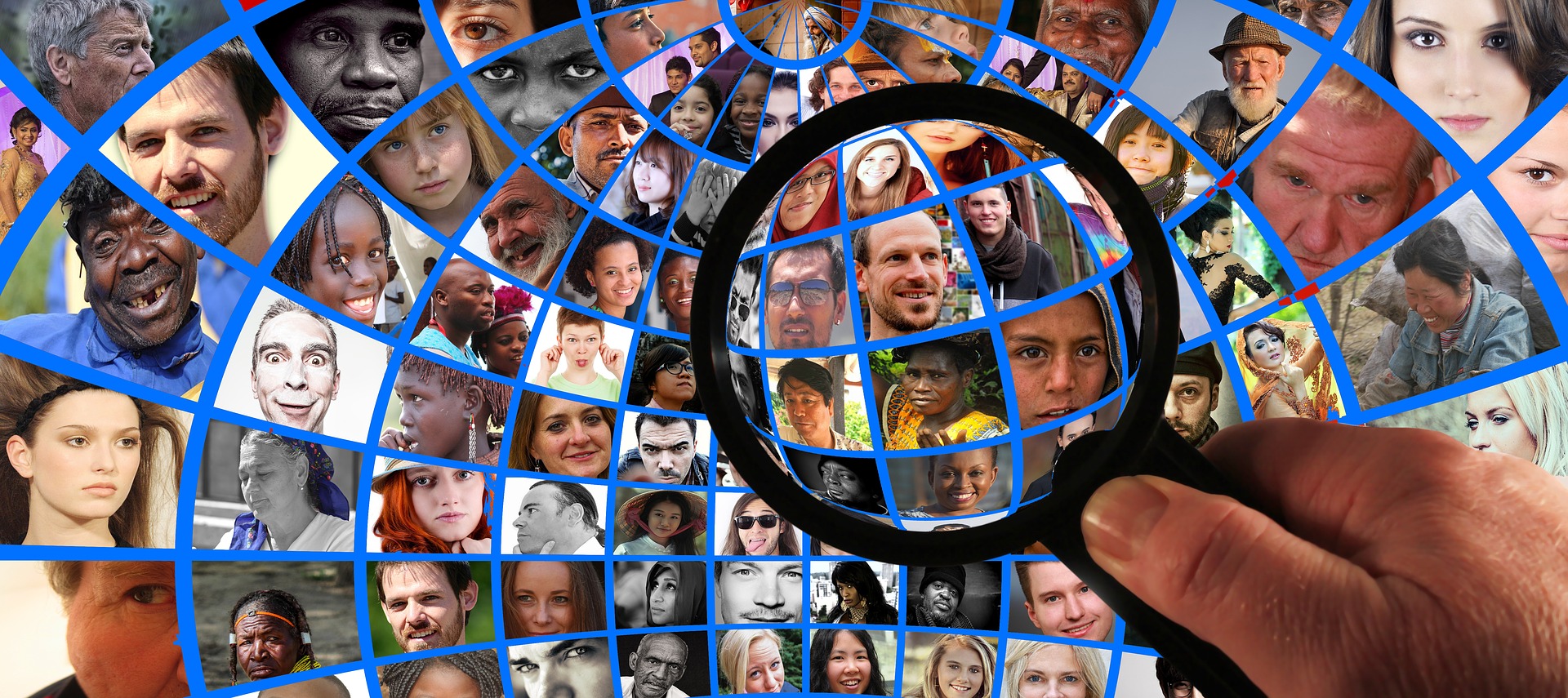 If you’re confused or have questions about the 2020 U.S. Census, you’re not alone!
If you’re confused or have questions about the 2020 U.S. Census, you’re not alone!
Early on, there was a discussion about the Trump administration’s plan to include a citizenship question on the 2020 Census, which would ask all census respondents to declare whether they are a citizen of the United States. The question was blocked by the U.S. Supreme Court in June 2019.
The 2020 Census is the first in the U.S. since the rise of social media. It is also the first time respondents may submit their questionnaire online or by phone.
The COVID-19 pandemic hit the U.S. not long after the first person was counted on Jan. 21 in Toksook Bay, Alaska, which put Census field operations temporarily on hold. In May, the Census restarted some operations in Alaska that don’t involve person-to-person contact.
Despite the confusion, filling out the Census is quick and easy. In a time when we’re all relying on community resources in new and unique ways, responding to the Census is an easy way to ensure our communities have the resources they need, now and for the next 10 years.
Below are answers to a few commonly asked questions. Alaskans with additional questions may visit alaskacounts.org or contact the Bureau Tribal Partnership specialist for their area:
Donna Bach
(323) 791-2381
donna.e.bach@2020census.gov
Ms. Bach covers the following regions: Aleut, Bristol Bay, Cook Inlet, Kodiak and Yukon-Kuskokwim Delta
Charmaine Ramos
(907) 952-6261
charmaine.v.ramos@2020census.gov
Ms. Ramos covers the following regions: Ahtna, Arctic Slope, Bering Straits, Chugach, Interior, Northwest and Southeast
How do I respond to the Census?
The important thing to remember is that whether you live in an urban or rural area, you do not need to wait for the Census to come to you! All individuals may respond to the Census online at my2020census.gov or by calling (844) 330-2020. The 2020 Census consists of 10 questions, takes about 10 minutes to complete, and will help determine how billions of dollars in federal funding flow into states and communities for the next 10 years.
Will my answers remain confidential?
Data collected by the Census Bureau is confidential and cannot be shared, even with other government agencies. When you respond to the Census, your answers are kept anonymous; they are used only to produce statistics. Under Title 13 of the U.S. Code, your private information will never be published, and your answers cannot be used against you by any government agency or court.
I’m an Alaska Native person. How do I answer Census questions 5 and 9?
Question 5: If you live in a mixed Native and non-Native household, list the Native person as “Person 1” for Question 5. If Person 1 is an American Indian or Alaska Native (AN/AI) person, the entire household is counted as one with an AN/AI head of household.
Question 9: List the name of your federally recognized Tribe (as opposed to your Alaska Native regional or village corporation) for Question 9. If you can’t remember your Tribe, write in the name of your village. Examples of federally recognized names include Chickaloon Native Village, Eklutna Native Village, Kenaitze Indian Tribe, Knik Tribe, Ninilchik Village, Seldovia Village Tribe, Native Village of Tyonek, etc. There are 229 federal- and state-recognized Tribes in Alaska. If you know the village where you and/or your family are from but are not sure of the correct name or spelling, you can search for it at ncsl.org.
If I’m experiencing homelessness, do I still need to respond to the Census?
Everybody in our community really and truly counts! Each decade, the U.S. Census Bureau follows special processes to count people without conventional housing arrangements. Census data helps inform decisions about federal funding for services such as shelters and soup kitchens, as well as for programs that assist with housing, nutrition, and transitioning from homelessness. All individuals have the option to respond to the Census online or by phone.
What is the deadline to respond to the Census?
Due to the COVID-19 pandemic, the Census response deadline has been extended to Oct. 31, 2020. Individuals may respond online, by phone or by mail. However, if you haven’t already done so, we highly encourage everyone to complete and respond to their Census today!
With all that is going on in our world, it’s easy to feel overwhelmed, but through the simple action of filling out your Census form, you will impact your community in a positive way. Remember, the Census will determine your community’s access to resources, funding and political power for the next 10 years.
When people go uncounted, resources are unfairly distributed and stretched thin in communities left out of the Census. Data collected helps support each state’s emergency planning and response and is used to allocate community funding — both critical in handling future crises when federal assistance falls short.
With more than 15% of Alaska’s workforce filing for unemployment due to COVID-19, even if your family doesn’t rely on those resources, your community does. Extra pressure is being put on public support systems — such as Supplemental Nutrition Assistance Program (SNAP) and Temporary Assistance for Needy Families (TANF) funding, housing assistance, unemployment benefits and health care — that offer a critical boost for tens of thousands of Alaskan families. Because your census responses generate necessary funding for these programs whether you use them or not, answering the Census is a way to help the whole community.
Respond to the Census today at my2020census.gov.



